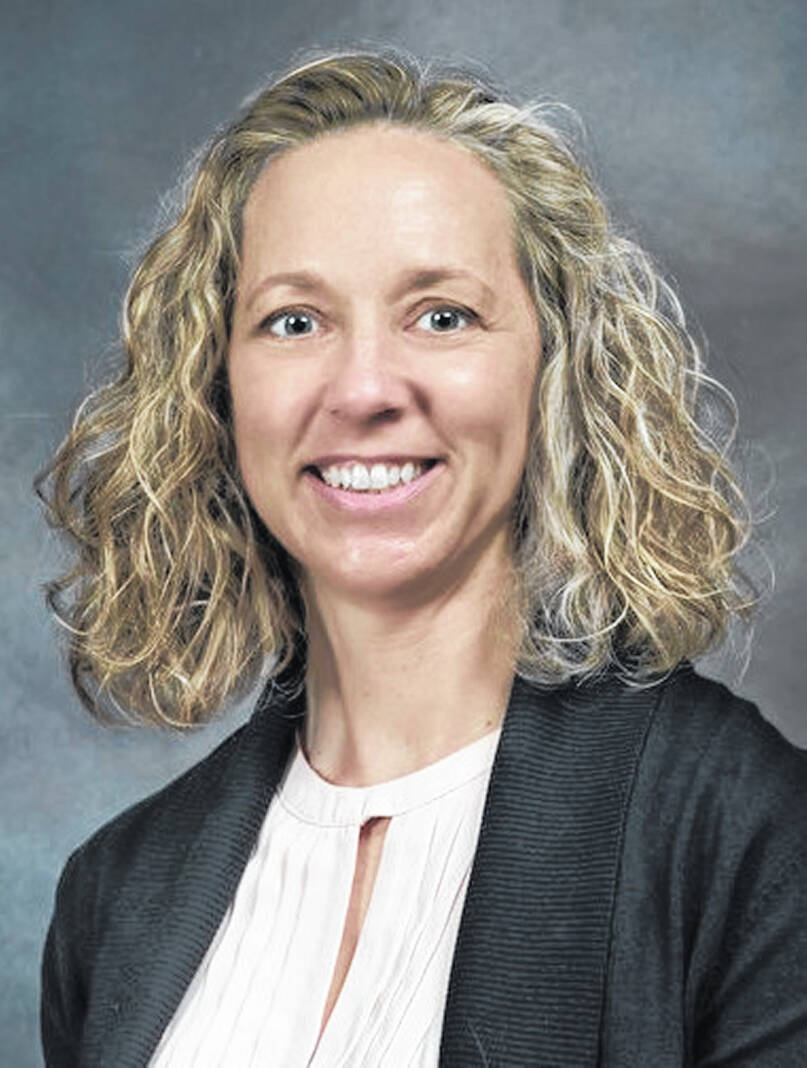
Casey
Jacob left Beer-sheba and went toward Haran. He came to a certain place and stayed there for the night, because the sun had set. Taking one of the stones of the place, he put it under his head and lay down in that place. And he dreamed that there was a ladder set up on the earth, the top of it reaching to heaven; and the angels of God were ascending and descending on it.
And the Lord stood beside him and said, “I am the Lord, the God of Abraham your father and the God of Isaac; the land on which you lie I will give to you and to your offspring; and your offspring shall be like the dust of the earth, and you shall spread abroad to the west and to the east and to the north and to the south; and all the families of the earth shall be blessed in you and in your offspring. Know that I am with you and will keep you wherever you go, and will bring you back to this land; for I will not leave you until I have done what I have promised you.” Then Jacob woke from his sleep and said, “Surely the Lord is in this place—and I did not know it!” And he was afraid, and said, “How awesome is this place! This is none other than the house of God, and this is the gate of heaven.” – Genesis 28: 10-17
You do not need to be Jewish or Christian to have heard of “Jacob’s Ladder.” This story from the Hebrew scriptures is permeated throughout popular culture; from a difficult fitness exercise to the name of a 1990s movie.
The scriptures are full of the fascinating and bizarre. For example, the story of Jacob and Esau, twin sons of Isaac and Rebecca. It was custom for the oldest son to inherit the birthright, that is, the family lineage continued through the oldest son. Esau, as the older twin, was to inherit the family birthright. As Isaac grew older and blind, he wanted to ensure the passing of the birthright before his death.
To prepare for the blessing, Isaac instructed Esau to hunt his favorite game and cook his favorite meal. Rebecca preferred younger twin, Jacob, and wanted him to inherit the birthright. Overhearing Isaac’s instructions to Esau, she concocted a grand plan to have Jacob trick Isaac into giving him the birthright. Rebecca prepared the meal as Esau hunted. Jacob presented the food, and himself, as Esau to his dad. He went so far as to put on animal skin on so he would appear hairier like his brother! (Seriously, I’m not making this up! Read Genesis 27 & 28 for the whole story.)
Jacob successfully tricked his father and then ran away when a furious Esau discovered the betrayal. As he ran, nightfall came, and Jacob became tired. This is when the infamous “Jacob’s Ladder” dream occurred. Dreaming of a ladder descending from heaven to earth, the boundary between heaven and earth evaporated. It is in this place that Jacob heard God’s voice.
There is so much to glean from this story: complicated family dynamics, God’s promises, redemption, and God’s presence. God is present in all times and all places. Oftentimes, we miss it because we’re distracted by life.
Celtic spirituality embraces the concept of “thin places.” A “thin place” is a physical place on earth where the boundary between heaven and earth disappears. These are places where you may experience an overwhelming sense of awe. It might be a mountain, a lake or ocean, the meadow, a monastery, or some other traditionally sacred place. If you’ve had an experience of a “thin place,” you already know it catches you completely off guard!
Jacob was caught completely off guard by God. Experiencing the thinning veil between heaven and earth, he woke up exclaiming, “Surely the Lord is in this place!” He was able to finally see God’s holy ground.
The world is holy ground – God’s house with a gate to heaven. May you experience a thin place soon, hearing God’s voice of love. As you do, may you wake up exclaiming, “Surely the Lord is in this place – and I did not know it!” Then, go, and share this with the world.
Rev. Jennifer Casey is pastor at the William Street United Methodist Church in Delaware.

